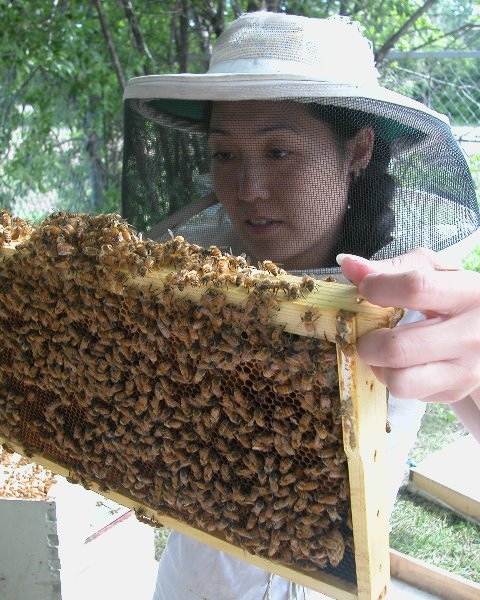Section Symposium
Physiology, Biochemistry, and Toxicology
Plant-Insect Ecosystems
Improving Communication Between Researchers and Stakeholders to Reduce Threats to Pollinators
From science to policy: Realizations of effective science messaging and advocacy
Tuesday, November 12, 2024
8:03 AM - 8:23 AM MST
Location: Phoenix Convention Center, 226 C

Judy Wu-Smart
Assistant Professor & Extension Specialist
University of Nebraska
Lincoln, Nebraska- EV
Elizabeth Van Wormer
University of Nebraska
Lincoln, Nebraska
Presenting Author(s)
Co-Author(s)
Scientists address complex questions that aim to explain the world around us and in hopes that we, as a society, may make informed decisions to improve, sustain, and protect ourselves, our environment, and our way of life. The information shared by scientists influence and shape our policies, work, and lives in numerous ways from prioritizing funding for research, education, and services to implementing regulatory restrictions on harmful products and practices. A complicated balance must be considered between pollinator conservation efforts and the critical need for pest and pathogen control in food and fuel production systems. Public discussions regarding contentious topics, such as the impacts of pesticides on bees, require the use of broad connections and relevant messaging to targeted audiences. This presentation highlights a real-world pesticide pollution event that caused repeated bee losses in an isolated rural village in Nebraska but ultimately led to policy changes across the US. This talk also shares tips for becoming more effective advocates of science and highlights the balance and care needed to find common ground and build alliances.

.png)
